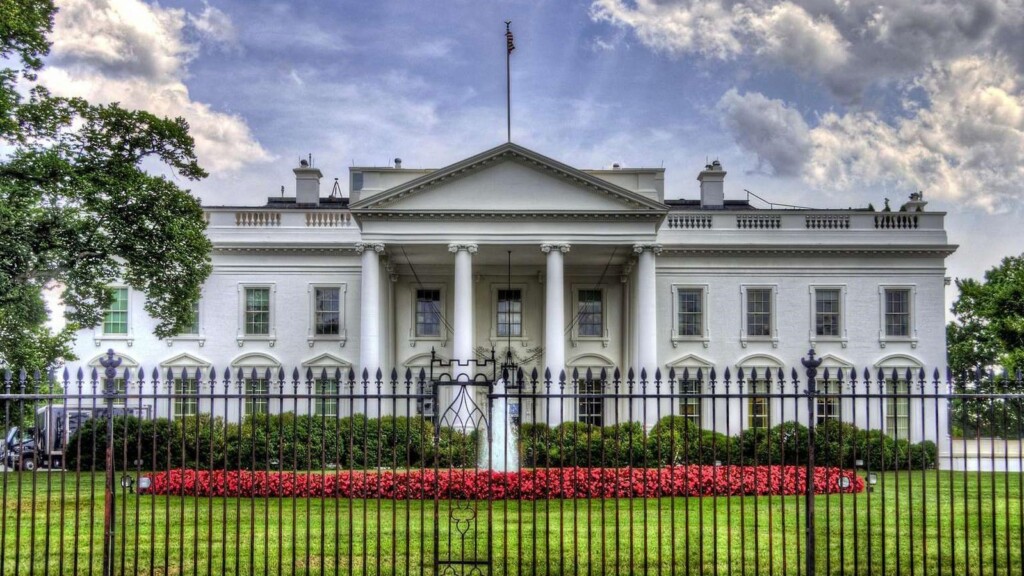New round of US sanctions on companies ‘perpetuating violence’ in Sudan

The White House in Washington DC (Photo: US National Parks Service)
The US Department of the Treasury’s Office of Foreign Assets Control (OFAC) imposed sanctions on three companies implicated in “jeopardising Sudan’s peace, security, and stability”, on Wednesday. The targeted measures are an effort to identify and isolate funding sources supporting the Sudanese Armed Forces (SAF) and the paramilitary Rapid Support Forces (RSF).
Under Secretary of the Treasury for Terrorism and Financial Intelligence, Brian E. Nelson, cited the crucial role of certain individuals and entities in perpetuating the violence in Sudan in a press release on Wednesday. The sanctions, executed in coordination with global allies, align with Executive Order 14098, aim at penalising those undermining Sudan’s democratic transition.
The three sanctioned companies are:
Alkhaleej Bank Co Ltd, controlled by the RSF, stands as a vital financial conduit for RSF operations, having received $50 million from the Central Bank of Sudan prior to the conflict.
Al Fakher Advanced Works Co. Ltd., which was established by the RSF leadership to manage the paramilitary group’s gold export business, and generate funds for weapons procurement.
Zadna International Co for Development Ltd, a significant component of the SAF’s commercial empire, allegedly involved in military money-laundering. The company was also sanctioned by the UK in July last year.
Less than three weeks after war broke out between the SAF and RSF, on April 15 last year, a US executive order imposed sanctions on “individuals destabilising Sudan”, but did not mention any names. Later that month, experts called for broader targeted sanctions to limit the humanitarian disaster caused by the battles.
On September 6 last year, the US Department of the Treasury’s Office of Foreign Assets Control imposed sanctions on RSF Deputy Commander Abdelrahim Dagalo for alleged human rights abuses in Sudan.
‘Islamists’
The US previously imposed sanctions on Ali Karti, head of the Islamic Movement in Sudan, and two companies affiliated with the Rapid Support Forces (RSF), one of which is based in Russia. The US State Department also imposed visa restrictions, on Islamists and former regime officials, because they ‘undermined the transition to democracy in Sudan’.
Sudan’s Islamic Movement on Sunday announced its rejection of the US decision to designate Ahmed Harun, Minister of Interior Affairs during the Al Bashir regime, under the War Crimes Rewards Program (WCRP). The Darfur Bar Association welcomed the step but seriously doubts its feasibility.
The US Department of State designated Harun, Minister of Interior Affairs and Minister of State for Humanitarian Affairs under the Al Bashir regime, under the War Crimes Rewards Program on Monday. Since 2007, he is wanted by the International Criminal Court (ICC) for war crimes and crimes against humanity allegedly committed in Darfur.
Harun was arrested after the ousting of President Omar Al Bashir in April 2019 and held at Kober Prison in Khartoum North. Though the ICC repeatedly called for his extradition, this never happened.
The Darfur Bar Association (DBA) said in a statement last week that it appreciates “the measures, decisions and actions by international institutions and nations to combat impunity in the Sudan,” though “they remain of no real value”.
The association said they will continue to examine the feasibility of such measures “issued from time to time” by the international community.
Eastern Sudanese lawyer Ramzi Yahya called the decision “sound but long overdue”.











 and then
and then